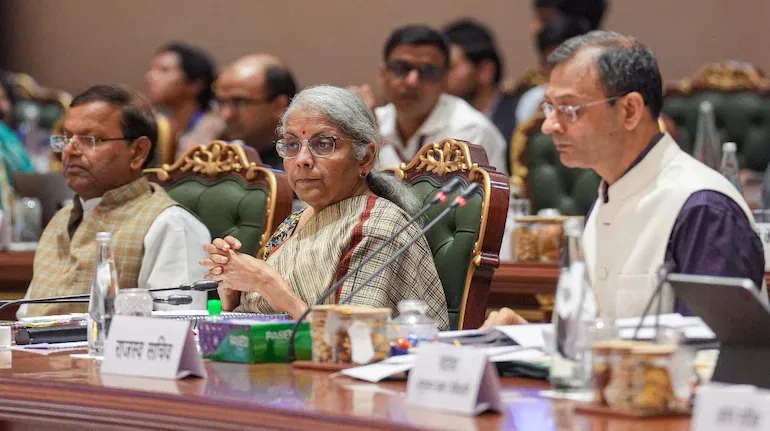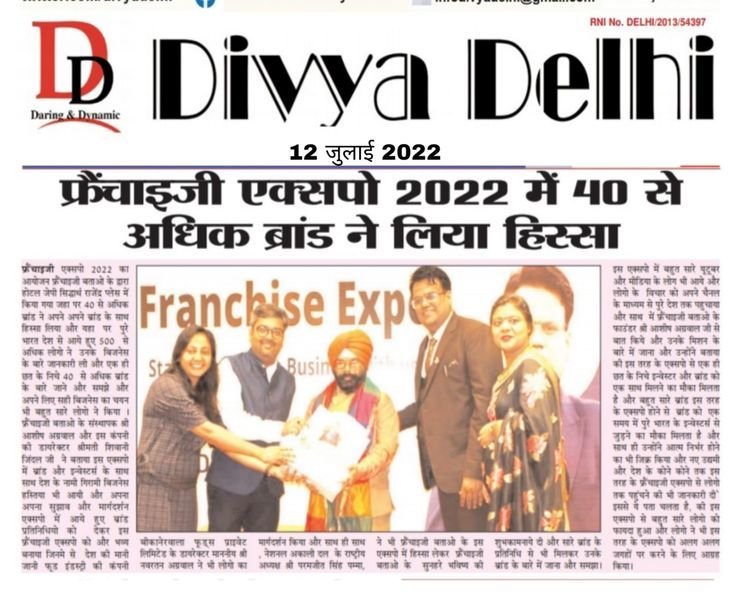
Divya Delhi: On Saturday, the GST council convened for the first time since the new Union administration was formed and adjusted tax rates on several commodities to reduce litigation and simplify taxpayer compliance. The Council recommends suspending interest and penalties on Section 73 demand notifications for three financial years if tax is fully paid by March 2025, lowering the pre-deposit required to register an appeal, and setting monetary restrictions for the tax department to file appeals. These are good initiatives, but other important issues need attention. One is rate rationalization. A GST Council Group of Ministers (GoM) investigated in September 2021. The group issued an interim report in June 2022. The Council may tackle this topic at its next meeting with a “presentation on the work done so far and the unfinished agenda”, according to sources. This requires a precise balance. Merging two tax slabs is one idea. Revenue neutrality must also be considered by the Council. The RBI found that while the Chief Economic Advisor's report put the revenue neutral rate at 15.3%, the weighted average GST rate was 14.4% in May 2017 and declined to 11.6% by September 2019. The Council must also consider adding petroleum products to the GST structure. This is difficult because the Centre and states rely heavily on petroleum taxes and charge their own levies, giving them some authority.The compensation cess is another issue. While originally charged for five years ending June 30, 2022, the cess was extended to March 31, 2026 to assist repay central government loans to reimburse states for pandemic revenue losses.
- Education(148)
- India(771)
- Entertainment(399)
- Sports(272)
- Business(226)
- Bollywood Hollywood(95)
- International(196)
- Life & Style(91)
- Opinion(139)
- Educational(5)
- Crime(7)
- Technical(6)
- World(18)


